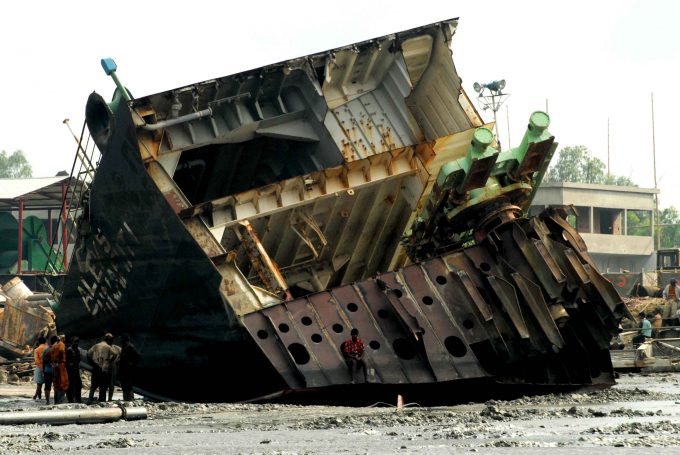Ups and downs on intra-Europe trades, with ONE doubling market share
Ocean Network Express (ONE) has more than doubled its market share on intra-European trades over ...

A surge in scrapping of small container vessels illustrates that liner big-profitability is well and truly over, according to Alphaliner.
Scrap sales have passed 100,000 teu so far this year, almost ten times the 10,900 teu recycled in the whole of 2022.
MSC switches two more Asia-Europe port calls from congested Antwerp
Canada and Mexico get cosy with trade plan to bypass US
Front-loading frenzy has made traditional H2 peak season 'unlikely'
Tradelanes: Export boom in Indian sub-continent triggers rise in airfreight rates
Carriers introduce surcharges as congestion builds at African ports
Mexican airport modernisation plan unlikely to boost cargo facilities
Ports and supply chain operators weigh in on funding for CPB
Tradelanes: Overcapacity on Asia-S America impacting alliances and rates

Comment on this article